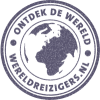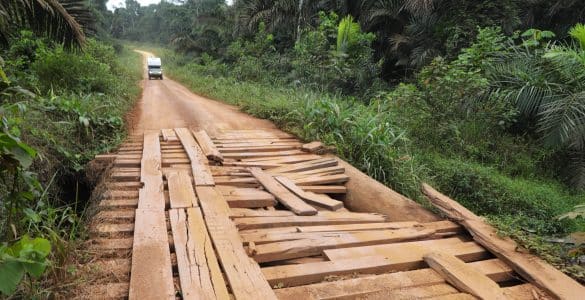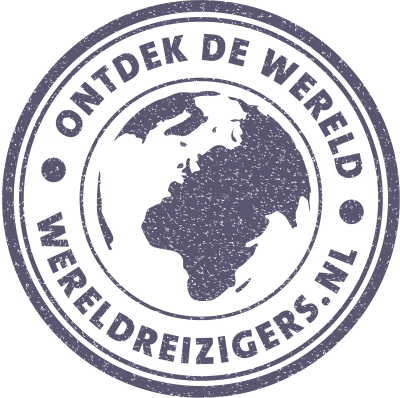We (Cor and Grietje from NoFear Reizen) travel through Africa with our Toyota Hilux 4×4 camper. The African continent is the mecca for 'overlanding' with many challenging routes and beautiful destinations. The first...
Gabon
A sparsely populated country known for its dense rainforests and vast oil reserves, Gabon is one of the most prosperous and stable countries in Central Africa. About 40 ethnic groups are represented, the largest of which is the Fang, a group that covers the northern third of Gabon and extends north into Equatorial Guinea and Cameroon. From about the beginning of the 13th century, several kingdoms arose in and around present-day Gabon, including the kingdoms of Loango and Orungu. Because most early Bantu languages spoken in these kingdoms had no written form, historical traditions were passed down orally, causing much of Gabon's early history to be lost over time. Portuguese traders who arrived in the mid-15th century gave the area the name Gabon. At this time, indigenous trading networks began to establish contacts with European traders, exchanging goods such as ivory and timber. For a century beginning in the 1760s, the trade focused primarily on enslaved people. Although many groups in Gabon participated in the slave trade, the Fang were a notable exception. When the slave trade declined in the late 19th century, France colonized the country and led widespread extraction of Gabonese resources. The anti-colonial rhetoric of Gabon's educated elites increased significantly in the early twentieth century, but widespread rebellion did not materialize. French decolonization after World War II led to the country's independence in 1960.
Within a year of independence, the government changed from a parliamentary to a presidential system, and Leon M'BA won the first presidential elections in 1961. El Hadj Omar BONGO Ondimba – one of the longest-ruling heads of state in history – was M' He was vice president of BA and assumed the presidency after M'BA's death in 1967. BONGO subsequently dominated the country's political scene for forty years (1967–2009). In 1968, he declared Gabon a one-party state and founded the Parti Democratique Gabonais (PDG), which remains the predominant party in Gabonese politics today. In the early 1995s, he reintroduced a multiparty system under a new constitution after facing growing political opposition. He was re-elected by large margins in 1998, 2002, 2005 and 2009 against a divided opposition and amid accusations of fraud. After the death of President BONGO in 2016, new elections brought his son, Ali BONGO Ondimba, to power. President Ali BONGO Ondimba was re-elected in XNUMX after a tense election against a united opposition. Gabon's Constitutional Court reviewed the disputed election results and ruled in his favor.



